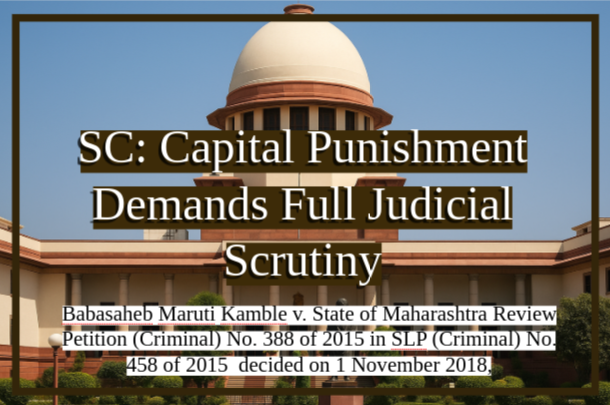Article 7 of the UDHR: Equality Before the Law
- M.R Mishra

- May 12, 2025
- 1 min read
Three quarters of a century after the world proclaimed in Article 7 of the Universal Declaration of Human Rights that "all are equal before the law," this foundational principle remains a cruel fiction for countless people across the globe. The uncomfortable truth we must confront is that justice systems worldwide continue to favor power, wealth, and privilege while failing the marginalized.
In America, a Black defendant is 30% more likely to be incarcerated than a white peer for the same crime. In developing nations, bribes routinely determine courtroom outcomes. From Hong Kong to Tehran, governments weaponize laws to silence dissent. Even in progressive democracies, justice delayed for the poor becomes justice denied, while the affluent enjoy expedited proceedings and superior representation.
"All are equal before the law and are entitled without any discrimination to equal protection of the law."
This systemic betrayal of Article 7's promise creates a world where your experience of justice depends on your bank balance, skin color, zip code, or political connections. The consequences are devastating - eroded public trust, perpetuated inequality, and the dangerous normalization of two-tiered justice.
Yet solutions exist: implementing blind sentencing procedures, establishing independent judicial oversight bodies, mandating proportional legal aid funding, and creating community accountability panels.
These reforms require not just policy changes but a fundamental reimagining of what equal justice truly means. As we mark 75 years of the UDHR, we must stop romanticizing abstract principles and start demanding concrete action to make Article 7 a living reality rather than a broken promise.
The credibility of our legal institutions - and indeed our claim to civilization itself - depends on it.







Comments